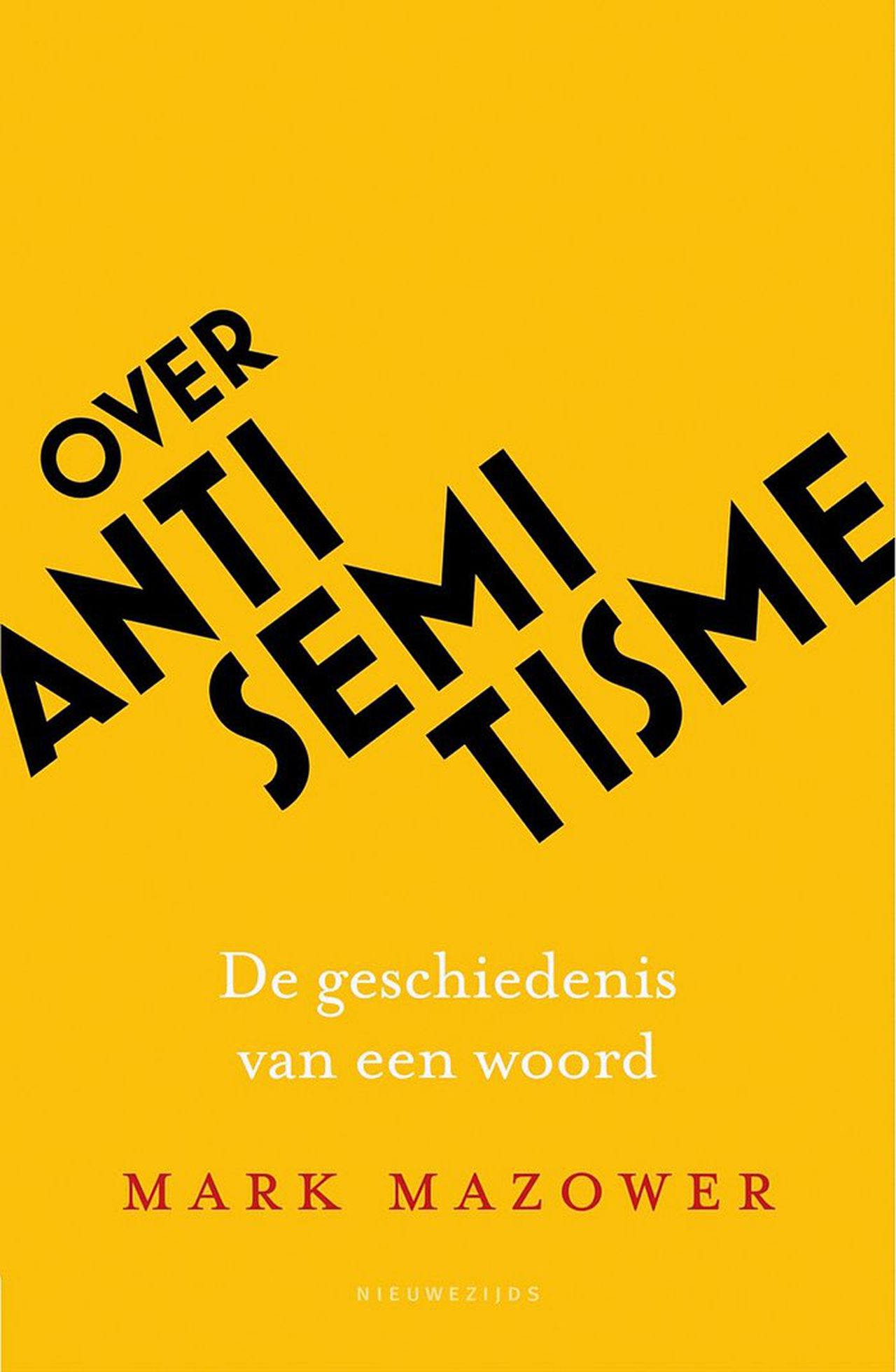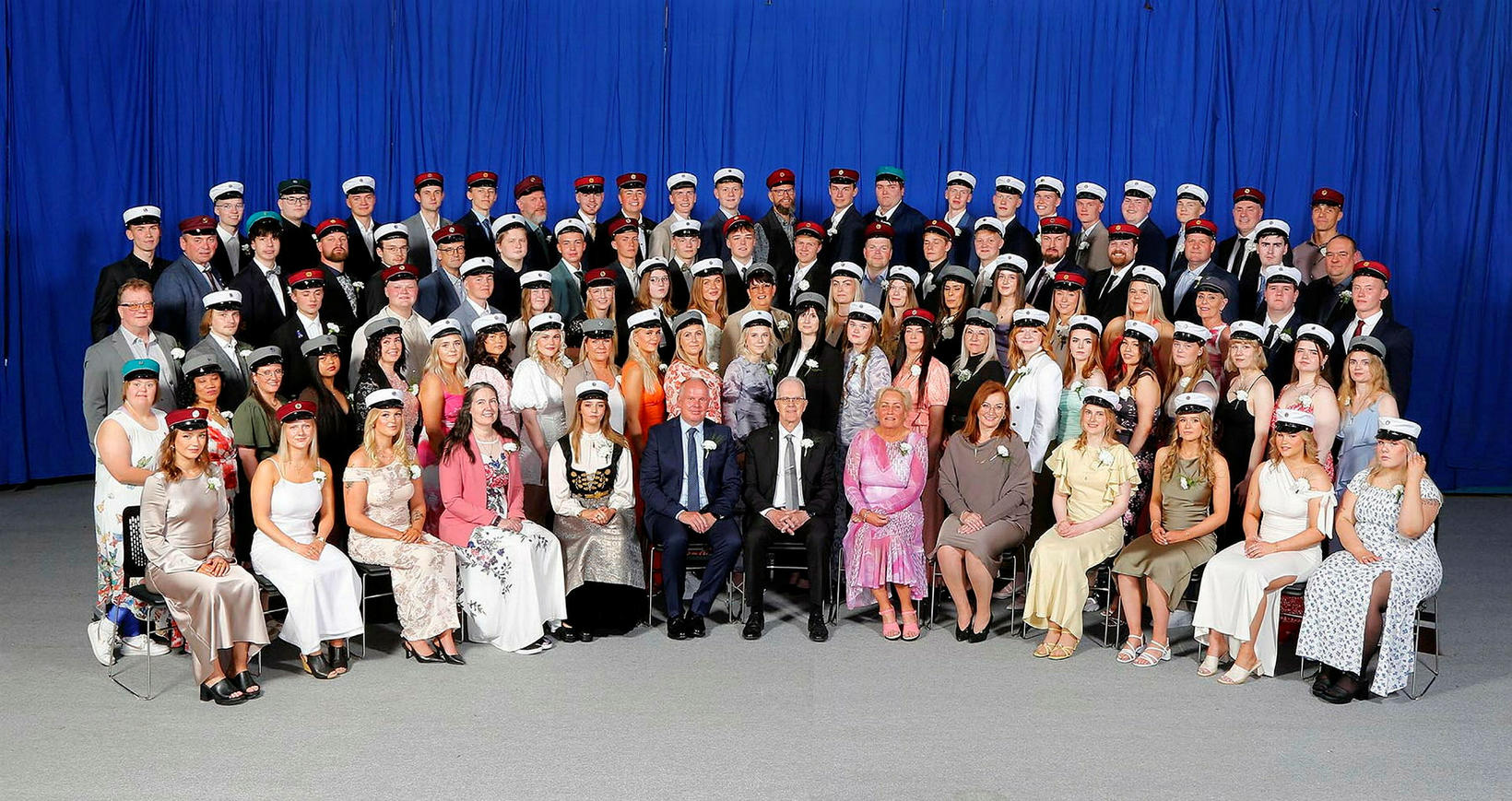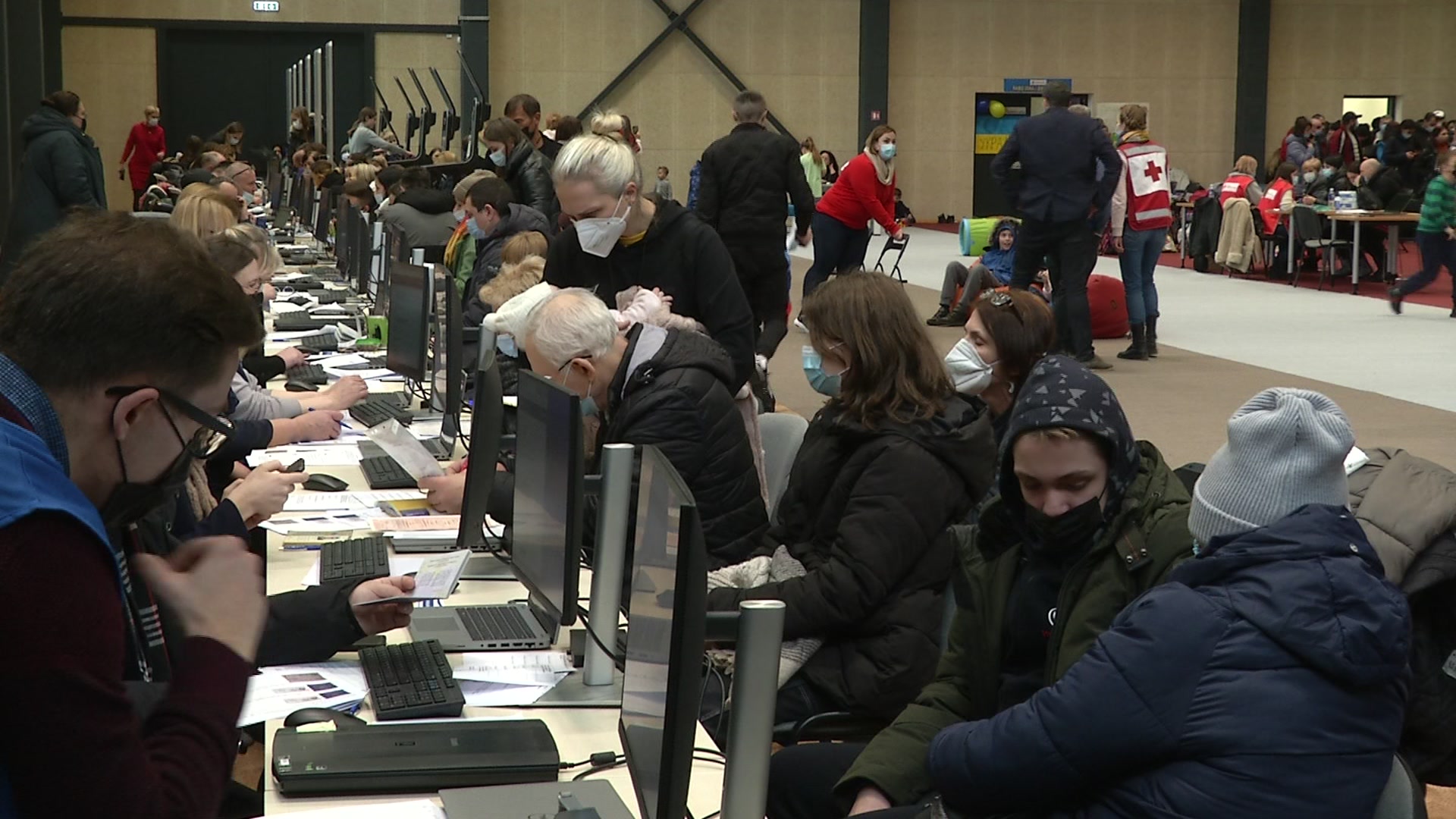Historian Mark Mazower: ‘Equal of criticism of Israel and anti -Semitism is disastrous’

Why another book about anti -Semitism, a topic that libraries are already written about? The British historian Mark Mazower is resolutely about it. « Because we are in great confusion about the word. It has become a weapon to nip criticism of Israel or to paralyze discussions. » Especially in the US, where the Trump government universities who did not act sufficiently against pro-Palestinian protests now accuses anti-Semitism and threatens with financial sanctions.
In About anti -Semitism. The history of a word Exactly and detailed the origin of the word and dealing with it in various phases of European history. In the final chapters, he opposes the way in which the word is now used to make criticism of Israel suspicious or even impossible. Encouraged by Israel, the identification of criticism of that country with anti -Semitism in America has found broad effect in America, with the government and in attacks at universities. Mazower experienced his workplace from close by, the Columbia University in New York, he says in an online conversation.
Columbia, where violent protests broke out against the Gaza war, became the target of accusations of anti-Semitism. How did that influence your book?
« It is the reason that I wrote this book. I don’t want to comment on the current situation at the university, but with my book I try to clarify the public debate that broke out at the time and that there was a great confusion. The idea that there was a huge problem with anti -Semitism on the campus was totally at all with my own experiences with the question of what it comes to talk about what it comes to the question of what it comes to the question of what it comes to me about it. Confusion about this concept has arisen and what can we learn from people who intend to do well?
You show in the book that anti -Semitism can change significance depending on the historical context. But isn’t there a stable core, namely Jewish hatred?
“There are people who do historical research into the relationship between contemporary anti -Semitism and, for example, Christian Jewish hatred in the Middle Ages. But what interests me in this book is the quality of our public debate. Then you see striking shifts. When the word was followed in Europe, in the second half of the nineteen century it had a positive sound in the positive sound. If it gets a negative charge, but that changed with the rise of extreme rights and the Second World War in which anti-Semitism is associated with minorities.
‘There is also great uncertainty among people who mean good about what you can and may not say about Israel without getting the reproach of anti -Semitism’
Do you see anti -Semitism as something that is more specific than pure ‘prejudice against Jews’?
« The word originated as a political concept. In the late nineteenth century people started to call themselves » anti -Semite « because they wanted to oppose the emancipation of European Jews. The introduction of the concept is therefore closely related to the development of democracy in the modern world. You can’t understand the word beyond that context. Jews were one of the Catholic, in the ingression in the Catholic, the ingression in the ingression, the ingroups in the ingression, the ingroups in the ingression, the ingroups in the ingression, inland’s inlandness. African Americans after the civil war should be seen in the light of a broader anti-emancipation movement. «
Jews had to stay outside. That is why anti -Semites could sometimes be Zionists: Get rid of the Jews from Europe.
« That is a very interesting issue: the relationship between Zionism and anti -Semitism. Zionism, initially a minority position, stems from the idea that Jewish hatred will always be among us and that founding a Jewish state is the solution for that. That would make everyone happy and mean the end of anti -Semitism. Building up and still has a living memory of Nazism.
So Theodor Herzl was right: they will never leave us alone.
« Is anti -Semitism to be defeated? That also depends on what you mean by it. You must first of all make a difference between ethnic prejudices and movements with a political program, such as that of anti -Semites in the nineteenth century or later. Is it possible to defeat a movement that wants to exclude Democratic rights, or that we have to show, in Europe, and that is possible.
“With prejudices it is different, they have deep roots and you may have to learn to live with it or they have to keep as much as possible within limits. We have laws for that. But why would you prevent one prejudice separate from the other? Do you want to fight anti -Semitism as such, or as part of a larger fight against ethnic stigmatization and exclusion that also turns out that last one? Cherishing that for the rights of Palestinians, you have to call it anti -Semites that are the situation in which we are now. ”
On the left, Israel is seen as a ‘colonial and genocidal project’. Is there a ‘new anti -Semitism’, as Israel says?
« There is no simple answer to that. A lot depends on the nature or tone of the discussion. Genocide and location colonialism are useful concepts that we should use for a real debate, but not to determine which side someone is on. The same applies to an apartheid; there are similarities between Israel and South Africa and the » New Antisitie « finds the » New Antisitie « . AntiSionism with anti-Semitism, because you can close a lot of antizionism at the tented camp on Columbia, but there could be anti-Semitic.
You criticize the influential definition of anti -Semitism of the International Holocaust Remembrance Alliance (IHRA), which also mentions some criticism of Israel anti -Semitic. Harvard has taken over that definition, also in a report from a ‘task force’ against anti -Semitism on campus.
“The IHRA definition has caused a lot of damage and most researchers are not high on. As far as the Task Force is concerned: their report, just like the decision to take over the IHRA definition, is not based on scientific research. I have a lot of respect for a number of members of that Harvard-Taskforce, but their Opinies did not have been aware of my opinion. Have we actually suffered from what I recognize as anti -Semitism, but we have simply experienced discomfort or to be excluded.
Where do you actually see anti -Semitism?
“In the first place where it has always been: with the extreme right. That is an umbrella term, but there is a common thread of anti-Semitic conspiracy thinking through those groups, even though they are now defending Israel. Traditional anti-Semitic political movements in Europe now turn against immigration and that is not a bastion. In addition, it is clear that anti-Jewish conspiracy thinking has been found, think of the spread of the Protocols of the Wise Zion in the Arab world. ”
Do you see no anti -Semitism in the Arab world before the foundation of Israel?
« Anti-Semitism was a relatively new, political term from the European nineteenth century. The situation in the Middle East and the Ottoman Empire was very different at the time. Of course there were prejudices about Jews-there were prejudices on all sides-but those cohabitations were not in a process of political Zion that makes much difference. They would be welcomed by the Arab population, but they did not attribute that hostility to anti -Semitism because it was about the property of the country, a political conflict. «
In its original Charter on the Koran and German anti -Semitic propaganda about Jews as the cause of the First World War, Hamas relies.
« That is true, but the question is whether the anger of many people in the Arab world about Israel comes from anti -Semitism, as an ethnic prejudice, or from the feeling that newcomers have taken their country. I suspect that much of the anger actually comes down to struggle for land. »
In the meantime, words are getting more and more loaded – such as genocide.
« To people say that they should not use a word seems to me the wrong way. You have to be able to have a discussion about it, such as everything. The Turkish government lobbying against the » Armenian genocide « . But would it be less bad if we speak of » the mass murder « on the Armenians? Is it okay? Have we really lost the moral in the eye that we only have?
« In the end we only have words. What happens now is that words are used as weapons, your idiom determines which side you stand on. But if you use words that way, you can’t have a sensible discussion. I want to get the conversation going again. »
Read also
The deep roots of anti -Semitism
To close pessimistically: all parties have now invested so much in their words that the serious discussion that you are advancing seems far away, do you still see that going well?
“You may try to make people aware of the implications of their words. My experience is that teaching and learning from each other becomes very difficult as soon as words become weapons. We are now sitting now. There is a time when you have to be genuinely worried about education, about our opportunity to learn. The commitment is high. It’s not just about what you find from Israël or Antisemitism? to think yourself? «

:format(webp)/s3/static.nrc.nl/bvhw/files/2025/02/data128002436-90f166.jpg)
:format(webp)/s3/static.nrc.nl/wp-content/uploads/2025/05/22214607/web-2205BUIbill_vandaag2.jpg)

/s3/static.nrc.nl/images/gn4/stripped/data132852687-3c5e5d.jpg)



